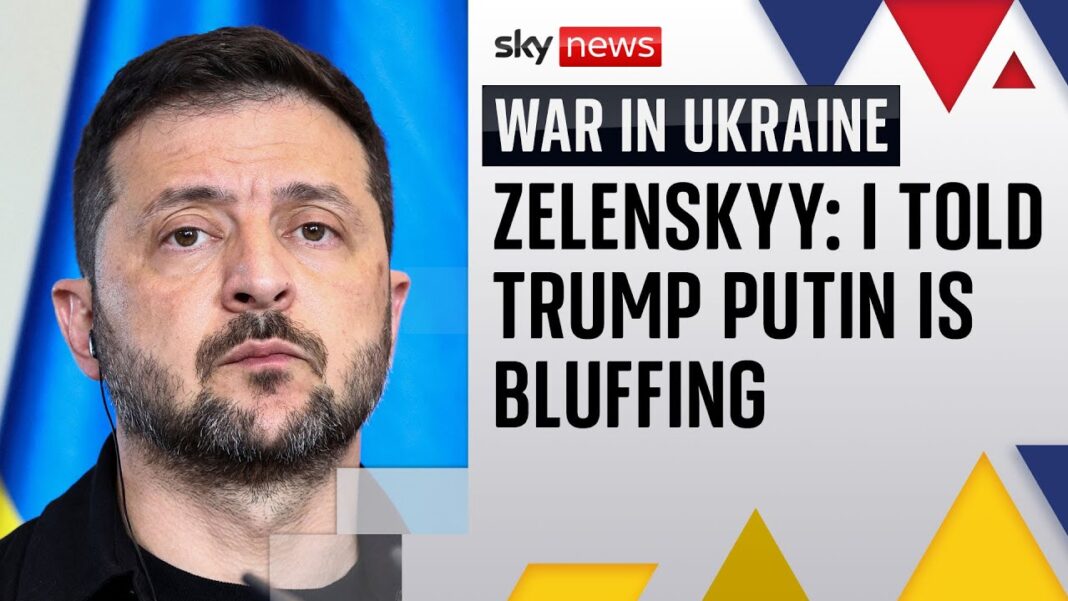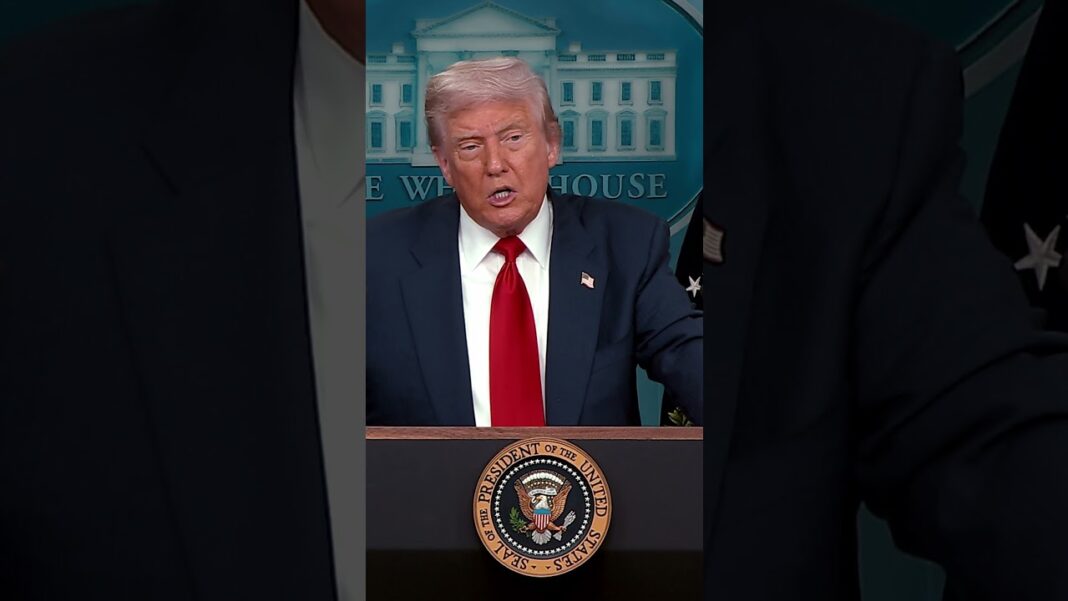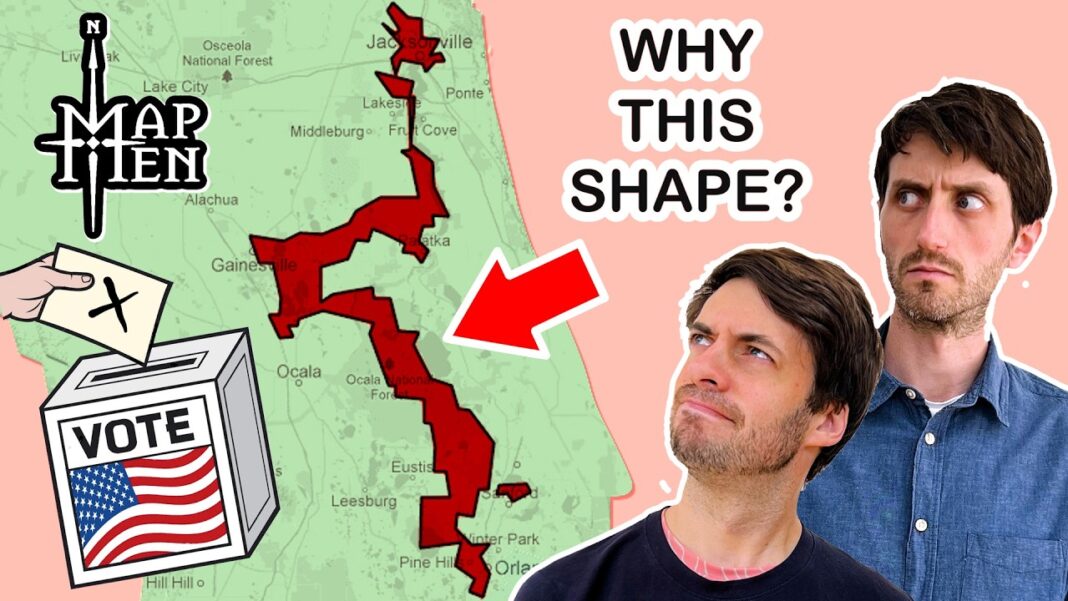On Wednesday, the German chancellor said they would help Ukraine develop its own long-range missile systems that it could use to strike deep inside Russia.
Ukrainian President Volodymyr Zelenskyy said on Wednesday that Russian President Vladimir Putin was “bluffing” when he said sanctions were not hurting the Kremlin.
Zelenskyy was speaking after sitting in on a series of virtual meetings hosted by German Chancellor Friedrich Merz ahead of the summit on Friday between U.S. President Donald Trump and Russian President Vladimir Putin.
Zelenskyy met with Merz and the leaders of several other European Union and NATO countries before having a virtual call with Trump and Vice President JD Vance.
After the meetings, Zelenskyy and Merz held a joint press conference, at which the Ukrainian president said he discussed the Alaska summit with Trump.
He said: “We really hope that a cease-fire, an immediate cease-fire, will be one main issue during this meeting. President Trump has been talking about it.”
The Ukrainian leader said Trump had told him he would contact him immediately after the Alaska summit.
“He will tell me about all the results, if there are any results, and then we will discuss our steps together,” Zelenskyy said.
“I told the American president … Putin is bluffing. … Russia is pretending they can occupy the entire Ukraine, but this is not true. Also, he’s saying that sanctions are not important and they are not working, but I am sure that sanctions are effective; they are harmful for the Russian economy.”
Merz said Russia had reopened the “division of Europe,” which had closed 36 years ago with the fall of the Berlin Wall.
The German leader said he wished Trump all the best for his meeting with Putin and said they would speak to the U.S. president after the summit.
Earlier on Wednesday, Merz said Germany would help Ukraine develop its own long-range missile systems that it could use to strike deep inside Russia.
Previously, the United States and other NATO countries have declined to supply Kyiv with such missiles, fearing the Kremlin would see it as an act of war.








